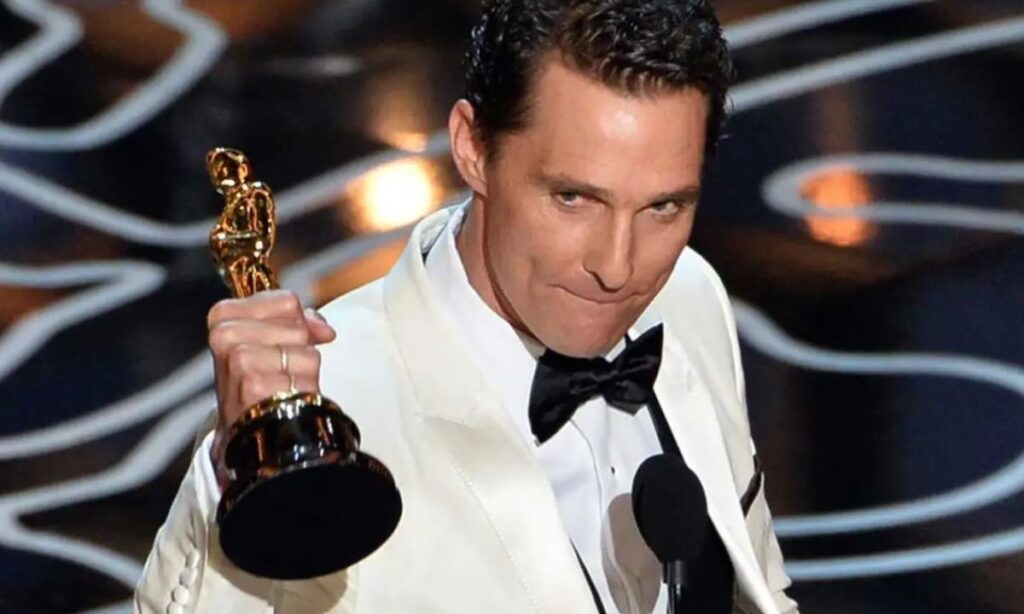The Academy Awards, commonly known as the Oscars, have been a platform for unforgettable moments in cinematic history. Among these, the acceptance speeches often stand out as powerful, emotional, and sometimes controversial ceremony highlights. In this article, we will explore the top 10 most memorable Oscar acceptance speeches that have left an indelible mark on audiences worldwide.
1. Halle Berry (2002) – Best Actress for “Monster’s Ball”
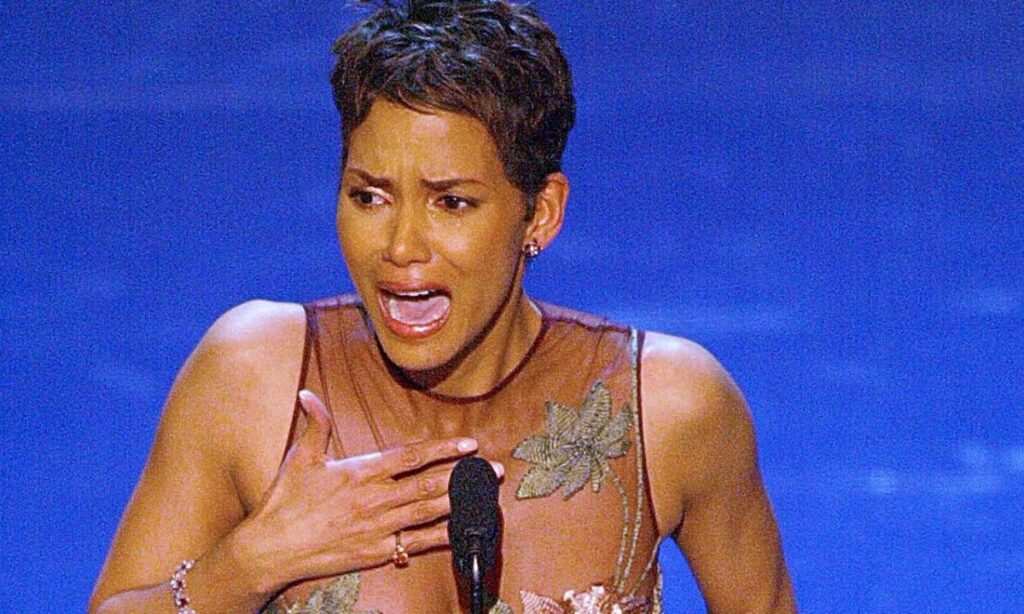
Halle Berry’s acceptance speech for her groundbreaking win as the first African American woman to receive the Best Actress Oscar was a moment of raw emotion and historical significance. Her tearful words, “This moment is so much bigger than me,” resonated with viewers and industry professionals alike, highlighting the importance of representation in Hollywood.
2. Roberto Benigni (1999) – Best Foreign Language Film for “Life Is Beautiful”
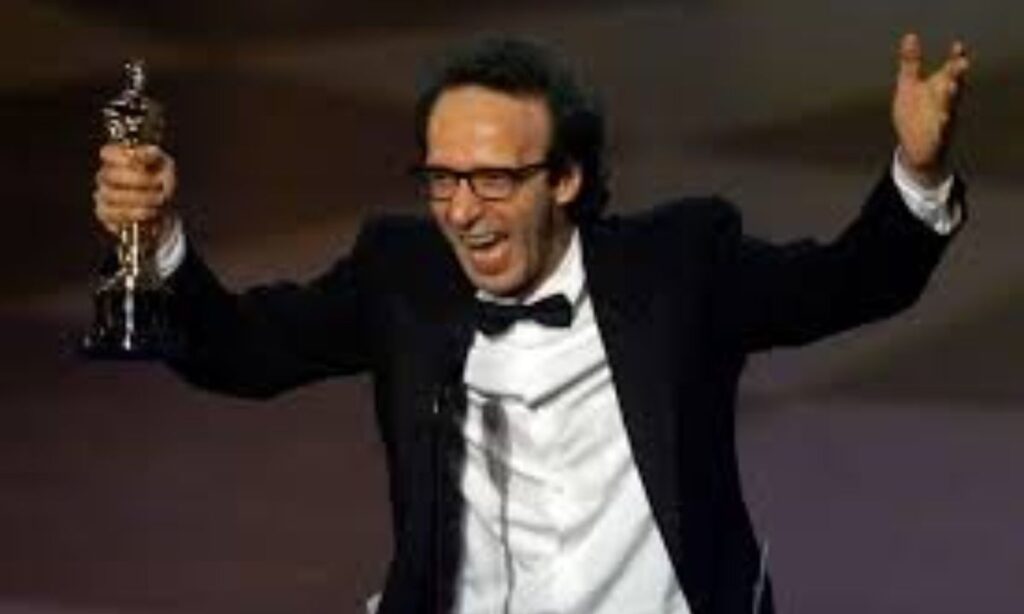
The exuberant Italian actor and director Roberto Benigni made Oscar history with his unforgettable reaction to winning. His energetic climb over the seats and enthusiastic speech, delivered in broken English, charmed the audience and became an instant classic moment in Academy Awards history.
3. Cuba Gooding Jr. (1997) – Best Supporting Actor for “Jerry Maguire”
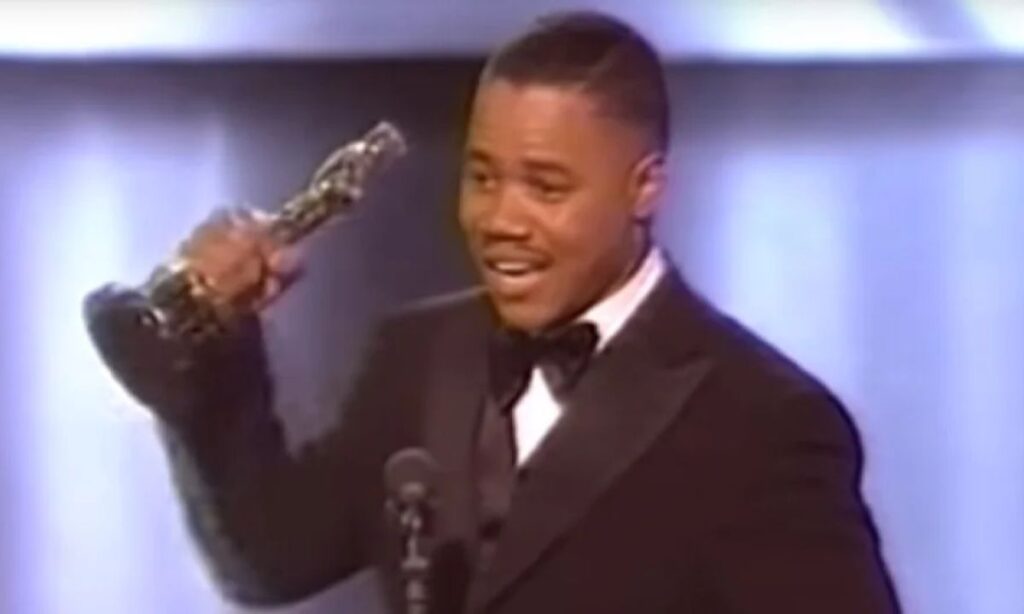
Cuba Gooding Jr.’s acceptance speech for his role in “Jerry Maguire” was a whirlwind of excitement and gratitude. His enthusiastic “I love you!” exclamations and refusal to be played off by the orchestra made for an infectiously joyous moment that still brings smiles to viewers’ faces.
4. Sally Field (1985) – Best Actress for “Places in the Heart”
Sally Field’s second Oscar win for “Places in the Heart” gave birth to one of the most misquoted lines in Oscar history. Her exclamation, “You like me, right now, you like me!” (often misquoted as “You like me, you like me!”) became a cultural touchstone and a testament to the validation actors seek from their peers.
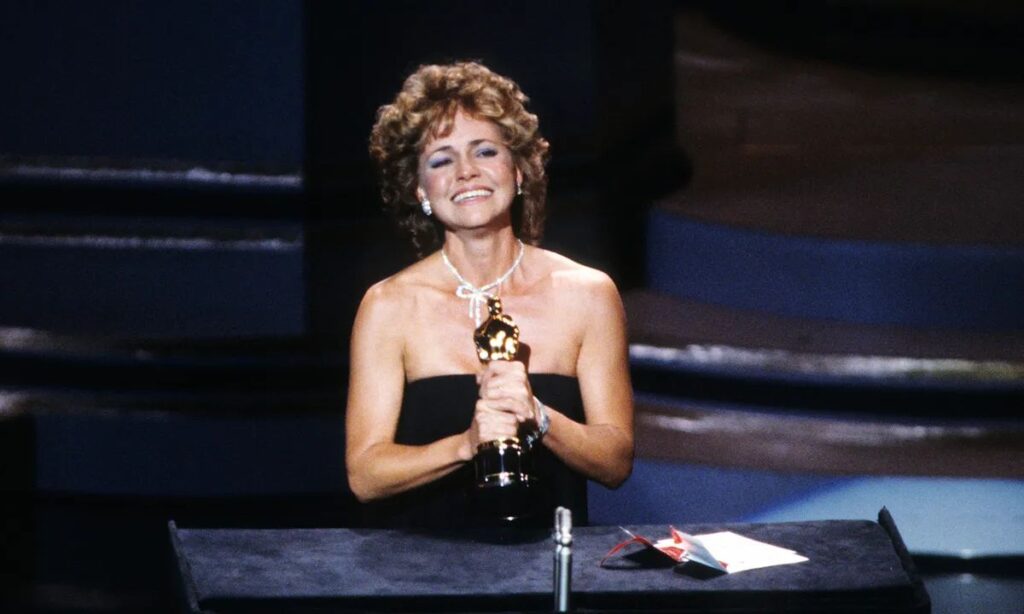
5. Marlon Brando’s Refusal (1973) – Best Actor for “The Godfather”
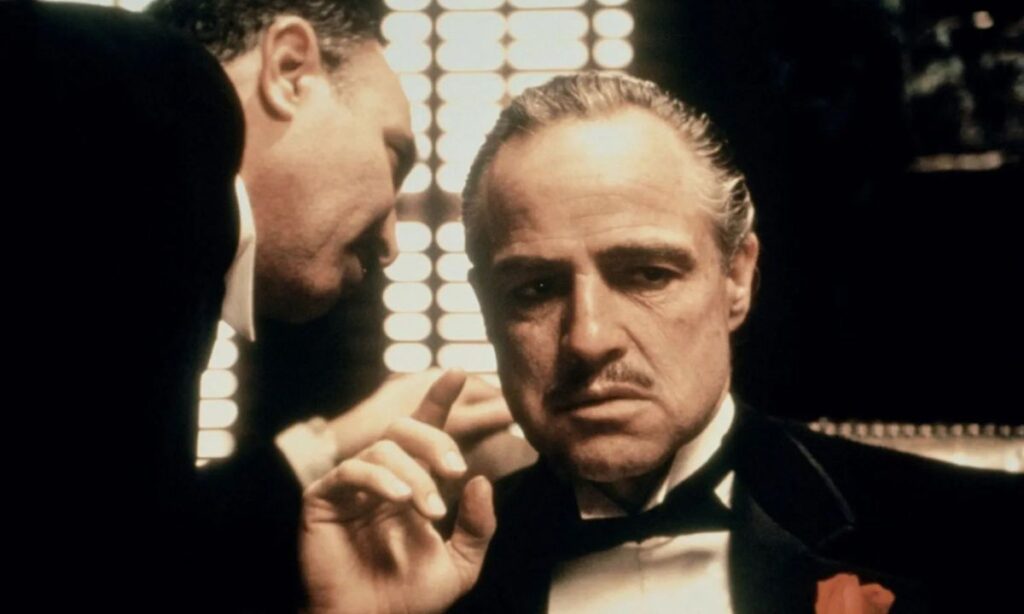
In a controversial move, Marlon Brando refused to accept his Oscar for “The Godfather,” sending Native American activist Sacheen Littlefeather in his place. This political statement against Hollywood’s portrayal of Native Americans sparked debate and highlighted the power of the Oscar platform for social commentary.
6. Tom Hanks (1994) – Best Actor for “Philadelphia”
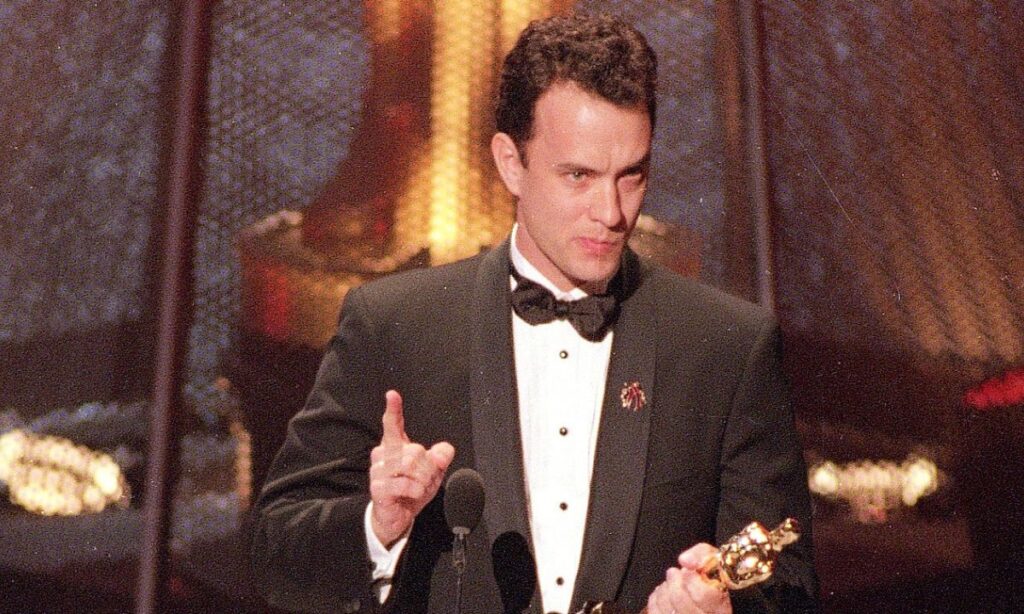
Tom Hanks’ acceptance speech for his role in “Philadelphia” was a poignant moment in Oscar history. His emotional tribute to AIDS victims and the “streets of heaven” lined with angels touched hearts and brought attention to the devastating impact of the AIDS crisis.
7. Olivia Colman (2019) – Best Actress for “The Favourite”
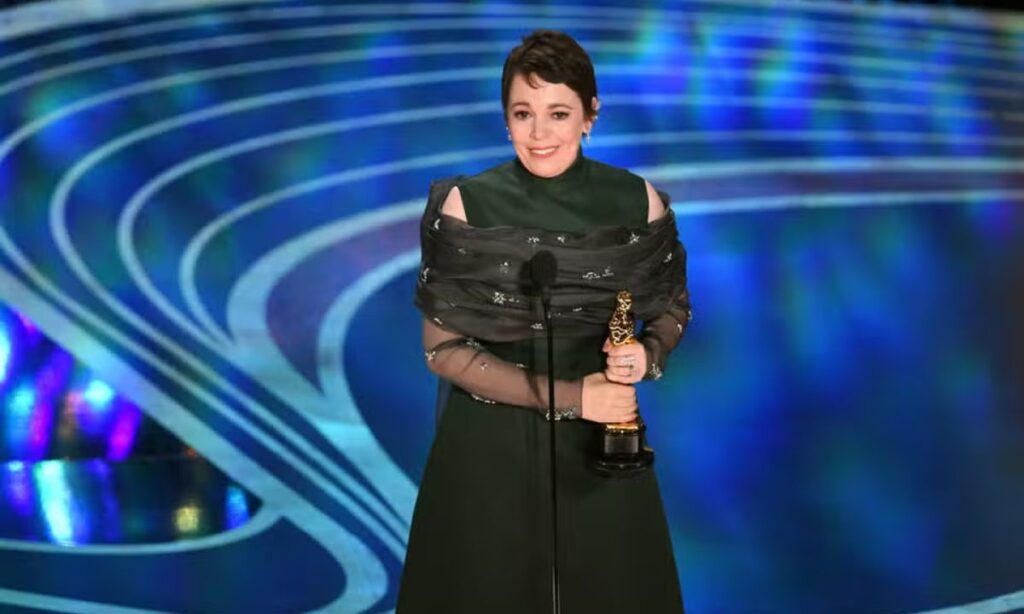
Olivia Colman’s genuine surprise and endearing humor made her acceptance speech for “The Favourite” a standout moment. Her charming, off-the-cuff remarks and heartfelt gratitude showcased her authenticity and won over the audience both in the theater and at home.
8. Matthew McConaughey (2014) – Best Actor for “Dallas Buyers Club”
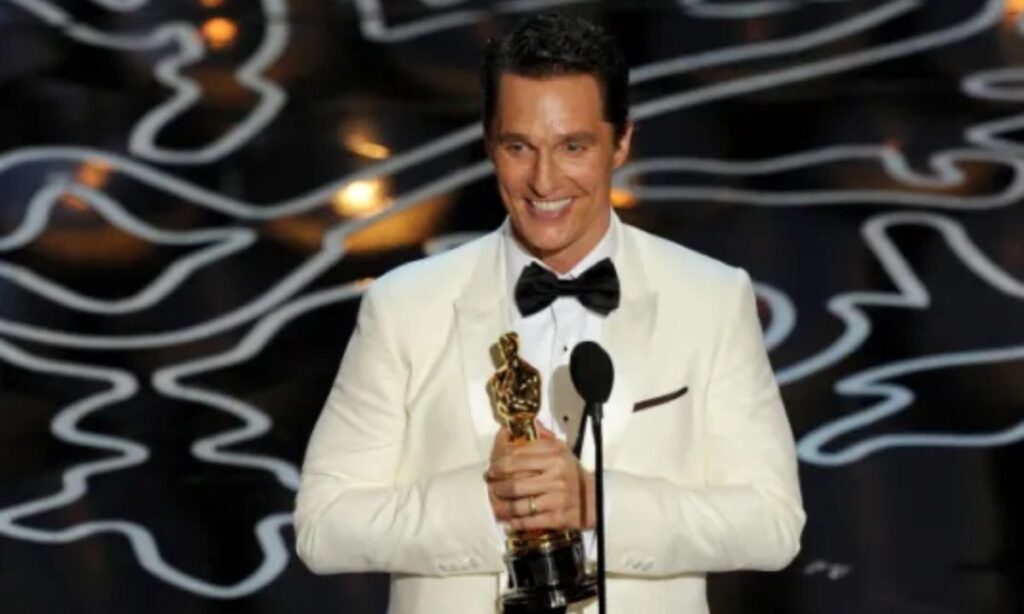
Matthew McConaughey’s acceptance speech for “Dallas Buyers Club” was a unique blend of philosophy and gratitude. The three things he needs each day – someone to look up to, something to look forward to, and someone to chase – became a memorable mantra and insight into the actor’s mindset.
9. Frances McDormand (2018) – Best Actress for “Three Billboards Outside Ebbing, Missouri”
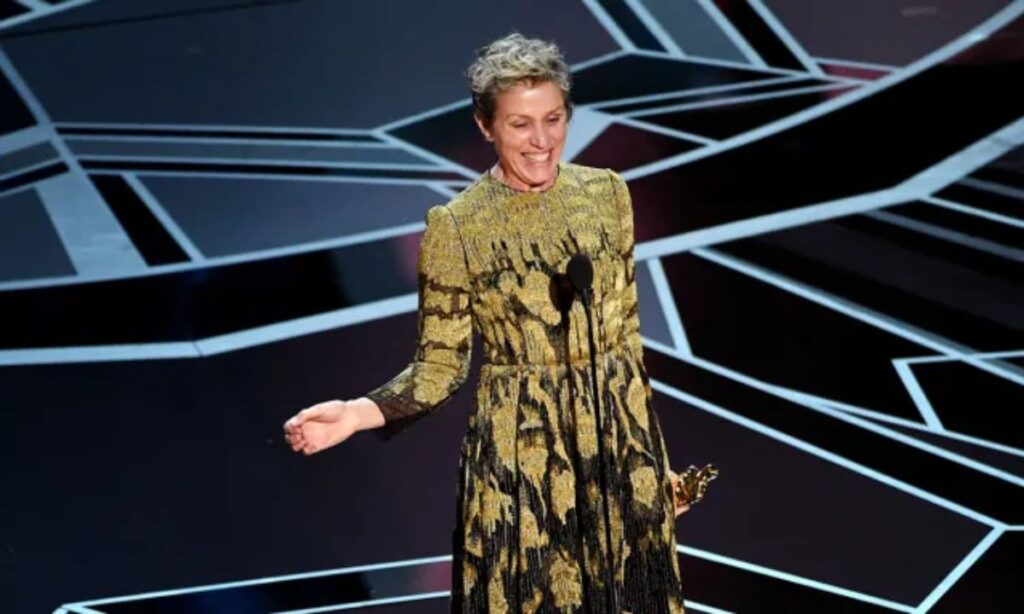
Frances McDormand’s powerful speech for her role in “Three Billboards Outside Ebbing, Missouri” culminated in a call for “inclusion riders” in Hollywood contracts. This moment sparked a broader conversation about diversity and representation in the film industry.
10. Heath Ledger (2009) – Best Supporting Actor for “The Dark Knight”
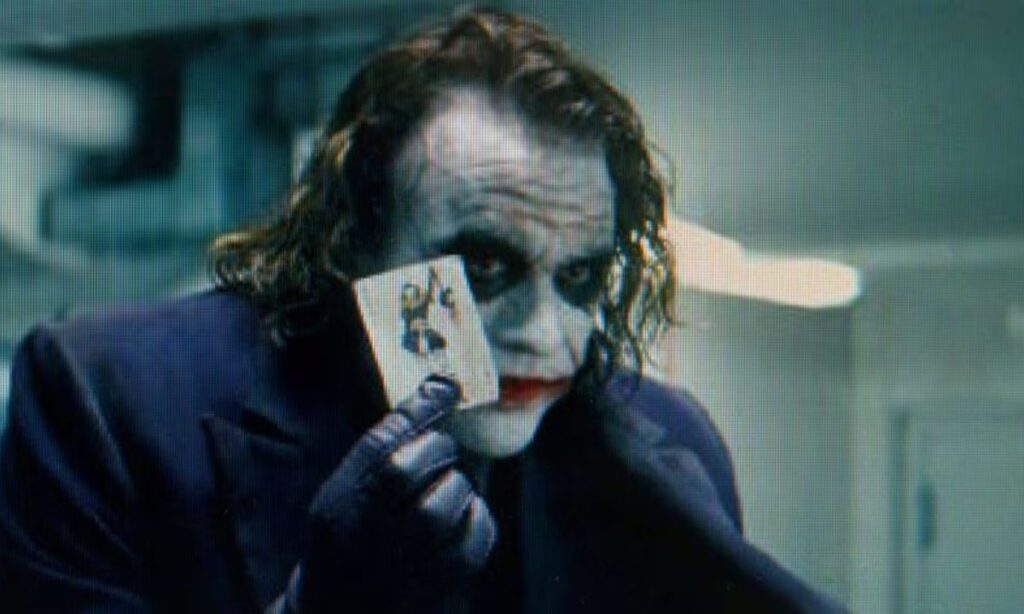
The posthumous Oscar win for Heath Ledger’s portrayal of the Joker in “The Dark Knight” led to one of the most emotional moments in Oscar history. His family’s acceptance speech on his behalf was a touching tribute to the late actor’s talent and legacy.
The Impact of Memorable Acceptance Speeches
These unforgettable acceptance speeches have become more than just moments of personal triumph. They serve as cultural touchstones, often reflecting the social and political climate of their time. The Oscars provide a global stage for artists to express gratitude, make statements, and sometimes challenge the status quo.
Memorable speeches can:
- Inspire future generations of filmmakers and actors
- Bring attention to important social issues
- Provide insight into the personalities of beloved stars
- Create lasting catchphrases and pop culture references
- Humanize celebrities and make them more relatable to audiences
The Evolution of Oscar Speeches
Over the years, Oscar acceptance speeches have evolved. In the early days of the ceremony, speeches tended to be brief and formal. As television brought the awards into living rooms worldwide, speeches became more personal and emotional. In recent years, we’ve seen a trend towards using the platform for social and political statements.
The time limit imposed on speeches has also played a role in shaping these moments. The infamous “play-off” music has led to some memorable race-against-the-clock moments, adding an element of suspense to the proceedings.
Preparing for the Big Moment
Many winners confess to not preparing a speech, believing it to be bad luck. However, those who do often deliver more coherent and impactful messages. The key seems to be striking a balance between preparation and spontaneity, allowing for genuine emotion while ensuring key points are made.
The Future of Oscar Speeches
As social media and global connectivity continue to shape our world, Oscar speeches are likely to become even more influential. Winners are increasingly aware of the global platform they’re given and the potential to make a lasting impact with their words.
We can expect future speeches to:
- Address pressing global issues
- Utilize technology for enhanced presentations
- Potentially incorporate virtual or augmented reality elements
- Continue to push boundaries and challenge norms
In conclusion, Oscar acceptance speeches are far more than mere formalities. They are powerful moments that can inspire, move, and sometimes change the world. As we look forward to future ceremonies, we eagerly anticipate the next speech that will join the ranks of these unforgettable moments in Oscar history.

